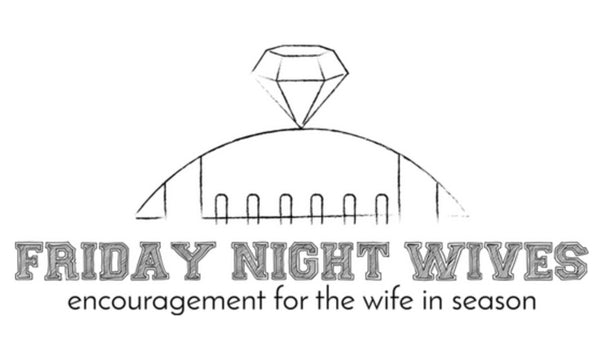Sports have been said to be one of the world’s most level playing fields. Talent, drive, hard work, and performance supersede almost all else most of the time; at least where players are concerned.
Yes, athletes are, generally speaking, judged mostly on their ability to execute and win games.
But does this performance-based evaluation extend into the realm of coaching? Considering football, my answer is no.
I am a white woman who is married to an African-American high school football coach in the South.
I grew up watching football and loving sports. I was one of those girls who followed ESPN and knew about recruiting classes and player statistics when I was in high school and college. Not so much these days because, you know ... life... but I was once “her.”
Even though I followed football so closely, it wasn’t until I was with my husband that I realized the severity of systemic racism in coaching football across all levels.
Notice what I said—systemic racism. This does not necessarily mean that coordinators, head coaches, administration, boards, general managers, owners, etc are all deep-seated bigots. No, that is not systemic racism.
This term is for racial inequalities that are embedded into a society so deeply that one can have no racial prejudices personally and still be an active participant and even benefit from the institutionalized oppression already in place.
I know because it was me.
Before I was with my husband, the thought that football, of all things, upheld racial inequalities never crossed my mind.
Think about it, when we watch on Friday nights, or Saturdays, or Sunday afternoons there are lots of black and white participants on the field. But what about leading the sideline? Or in the press box? Or in the office? Or even better yet, in those swanky club boxes (or wherever the owners sit). Where is the diversity in those places?
I am sad to say that, through my own ignorance, these questions never crossed my mind before I became not just a coach’s wife, but a black coach’s wife.
My claims are based solely on my observations and personal experiences.
No fancy scientific or social experiments have been performed. But let’s be real, we don’t need any of those for proof.
Truth be told, there are about a million different angles from which to analyze this complex issue and twice as many statistics and facts and figures I could throw out to prove that this is real, but you can Google all of that (and, if you are honest with yourself, you probably already know it’s true).
My goal is simple: a conversation that hopefully leads to the first step—admission. Admitting that systemic racism is alive and well in one of the most popular sports and lucrative businesses in our country on all levels.
Admitting that the color gap between the end zone and the upstairs offices is miles wide and decades deep.
And admitting that over time, without knowledge, hatred, or prejudice, white coaches and the like have long benefitted from an institutionally racist system.
After all, the first step on the road to recovery is admitting there is a problem, right?

